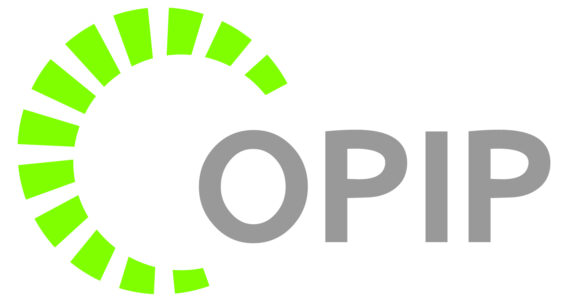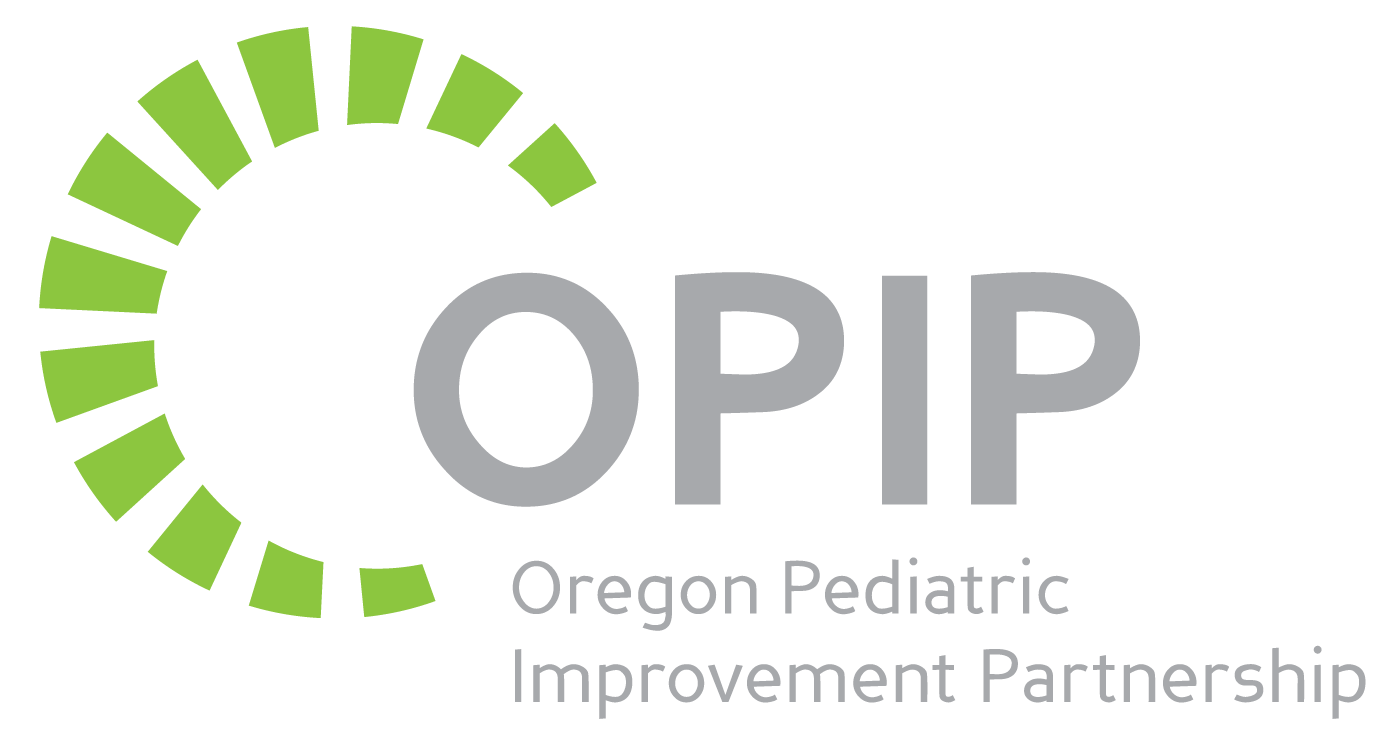Follow-Up to Developmental Screening to Ensure School Readiness
National recommendations call for young children to receive developmental screening three times within the first three years of life.
OPIP had led and is leading a number of projects focused on population and community-level efforts to ensure there is follow-up to address the risks identified by these developmental screening tools.
- Assuring Better Child Health and Development (ABCD III) project: A Performance Improvement Project (PIP)
- Consulting and Technical Assistance to Support the Yamhill Coordinated Care Organization & Yamhill Early Learning Hub on Ensuring Young Children Identified At-Risk Receive Follow-Up Services
- Pathways for Referral & Follow-Up to Developmental Screening for Young Children
These efforts engage the broad group of stakeholders who are invested in ensuring that young children who are at-risk receive follow-up services to help ensure they are ready for kindergarten and school success. These stakeholders include, but are not limited to, partnering with the following:
- Managed Care Organizations/Coordinated Care Organizations
- Early Learning Hubs
- Early Intervention
- Primary Care Practices
- Home Visiting Program
- Oregon Parenting Education Collaborative
- Public Health
- Parents of young children
Key components of these projects focused on improving the number of children include:
- Stakeholder engagement around existing systems and processes related to developmental screening and follow-up.
- Collection and use of data from CCOs, primary care practices and early intervention related to developmental screening and follow-up to inform community asset mapping and capacity assessments.
- Improvement tools for primary care providers to enhance the quality of their referrals and decision supports, parent educational materials, and care coordination methods and referral tracking to ensure referred children receive follow-up services.
- Strategies that Early Intervention can use to enhance communication and coordination with primary care providers and home visiting programs.

